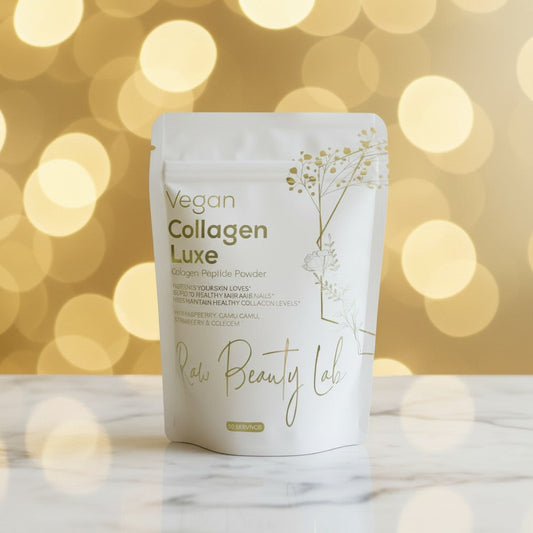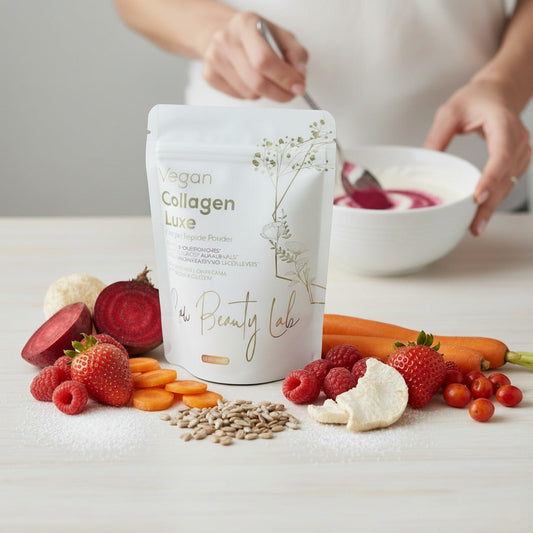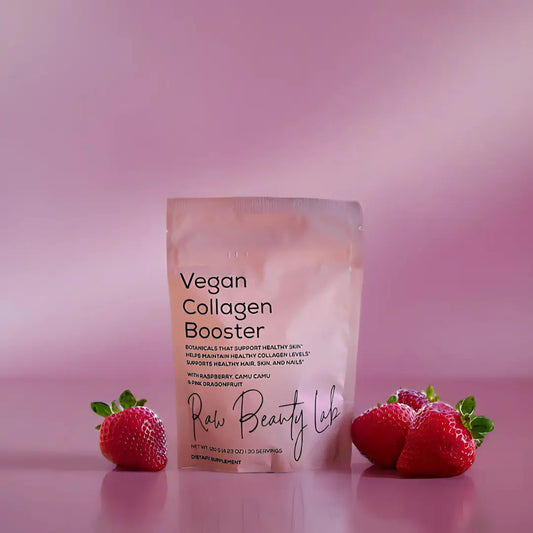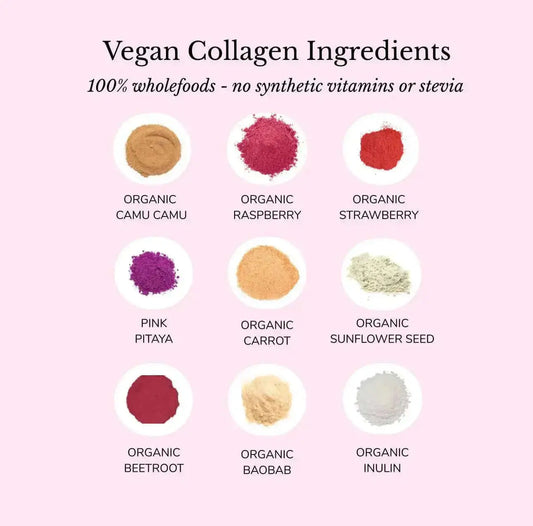Table of contents
Among all the lotions and potions claiming to reverse those pesky fine lines on your otherwise flawless visage, we often overlook the simplest (and cheapest) remedy that’s almost guaranteed to help improve the health of your skin.
Great skin really is as simple as getting in a couple more hours of sleep, as this is when your skin neutralises the free radicals that are wreaking havoc from your day’s activities in the sun without topping up your sunscreen (naughty!). But the difficulty here lies with the prospect of getting a complete undisturbed sleep.
A ‘good’ sleep is defined as ‘continuous, with minimal disruption for at least 7 hours’ by the sleep foundation. Although many claim to get their 7 hrs, the quality of sleep for tech savvy millennials is far from the restorative state required to for the skin to repair vital proteins like collagen and elastin.
Inconsistent sleep schedules, staring at blue light for long periods right before sleeping and not eating the right foods at the right time have all be associated with not getting a quality sleep – and all of these factors affect your circadian rhythm and consequently your skin.
In a nutshell, your circadian rhythm is your body’s internal clock that helps determine when you should sleep and wake up in a 24-hour cycle. The part of this cycle that you and I are interested in, is the release of melatonin – a hormone responsible for promoting you to become sleepy.
Although produced naturally by your body, the timings for when this sleep-inducing hormone is released can be thrown out of whack when you don’t have a consistent sleep schedule. And while you wallow in how you’d wished you’d listened to your parents and kept to a bedtime routine, I can educate you some foods and herbs supplied by mother nature that can help improve your sleep and consequently increase collagen production in the skin!
Pistachios
Boasting a plethora of health benefits, nuts have yet another title to bag under their hats – they are a great source of melatonin. Although most nuts have some amounts of melatonin, pistachios have topped their peers with studies showing a whopping 660 nanograms of melatonin extracted per gram of pistachios! A handful of these slumber nuts can help boost your melatonin enough to get you some quality shut eye.
Keep the pistachio theme running through your evening routine by introducing pistachio oil into your bedtime skincare routine. Pistachio oil is full of antioxidants and vitamin E that can help scavenge free radicals from your skin to protect collagen degradation. Unfortunately, ingesting pistachios isn’t as beneficial to the skin as its oil counterpart as your body breaks down the oil, allowing only 1-2% of it to reach your skin. However, when applied topically, the oily consistency will help the nutrients penetrate the deeper layers of the skin and reduce trans epidermal water loss from your skin keeping it hydrated all night long.
Tart Cherries
The sour cousin to the more familiar cherries we devour on top of our favourite cakes, tart cherries are an incredibly rich source of melatonin. 100g of tart cherries will provide you with 0.135 micrograms of melatonin, about 5% of what the body produces. Although it may not sound like a lot, a study carried out on patients diagnosed with insomnia, showed that 250ml of tart cherry juice consumed within 2 hrs of sleeping significantly improved sleep efficiency, reduced time in bed before sleeping, and total sleep time.
Additionally, tart cherries are a rich source of nutrients with a 240ml serving of tart cherry juice providing almost 50% of the recommended daily amounts of vitamin A and C and a generous helping of antioxidants that your skin will thank you for!
Tart cherries are definitely an anti-aging prodigy in my book, but be sure to steer clear of the heavily sweetened juices that decorate your local supermarket shelves. Instead, opt for organic, unsweetened tart cherry juice or eat the tangy treats whole!
Pumpkin and Sesame Seeds
You may have heard about turkey making you feel sleepy? That’s because this meat is rich in the amino acid tryptophan that is used to make the sleep-inducing hormone melatonin. And while turkey may be a viable option for others, Raw Beauty Lab’s cruelty free ethos motivates us to finding an animal friendly option – and luckily, we have a great alternative: pumpkin and sesame seeds.
Aside from being one of the richest sources of tryptophan, pumpkin and sesame seeds are powerhouses of anti-aging nutrients that help promote collagen production and reduce the appearance of fine lines and wrinkles (which needless to say – don’t inhabit our friend the turkey – see, cruelty free options are just better!).
Sesame seeds (0.37/100g) have a slightly higher tryptophan content than sunflower seeds (0.30/100g), but both are great sources of nutrients, so feel free to pick (or mix) whichever one tickles your fancy! We’d recommend snacking on 28g (about a handful) of these an hour before you want to hit the bed!
Black and Red Rice
If you’re not one to snack and prefer sticking to full meals – try to incorporate black or red rice into your dinner to prepare you for a good night’s sleep. Red rice is an incredible source of melatonin with 207.79 ± 3.18 μg/kg, followed closely by black rice 182.04 ± 2.79 μg/kg. Although they take slightly longer to cook, they can provide you with a generous dose of melatonin just as you wind down for the day. If you don’t want to wait for longer cooking times, pre-soak the rice in boiling water a couple hours before dinner to speed up dinner prep.
And of course, compared to their starchy counterparts, red and black rice are nutritiously dense, filled with antioxidants, anti aging compounds like anthocyanins, as well as being gluten free making it easier on your small intestine and helping you digest your food faster so you don’t bloat!
Kiwi
This delicious tropical fruit is a great evening snack to help you catch some quality Zzzzz’s. Kiwis are packed with flavonoid and carotenoid antioxidants, folate and melatonin which could help you sleep better. We’ve already established melatonin’s long-standing role in maintaining our circadian rhythm; an independent study showed that just 2 kiwis provided enough melatonin to help improve the longevity and the ease with which participants fell asleep.
But that’s not all, kiwis are also a rich source of folate, a deficiency of which has been associated with insomnia. Not to mention the skin loving dose of antioxidants and 90 % of the recommended daily dose of vitamin C that you’ll be equipping the skin with right before it starts working through its night time repair. Wake up to plump, hydrated, collagen rich skin by having just two kiwis away!
While these foods can help melatonin production in your body, they won’t be entirely effective if you choose to watch Netflix on your phone, while your room is pitch dark, in bed right before you fall asleep (it’s a habit worth changing for a goddess like glow - believe me!). Let us know which one of these treats has become your favourite bedtime snack and share any remedies you’ve discovered with the rest of the Raw Beauty Community in the comments below! Want to talk more things collagen? Join our Facebook community to share ideas and insights with totally awesome like-minded beauties as we discover the secrets to looking our best!




